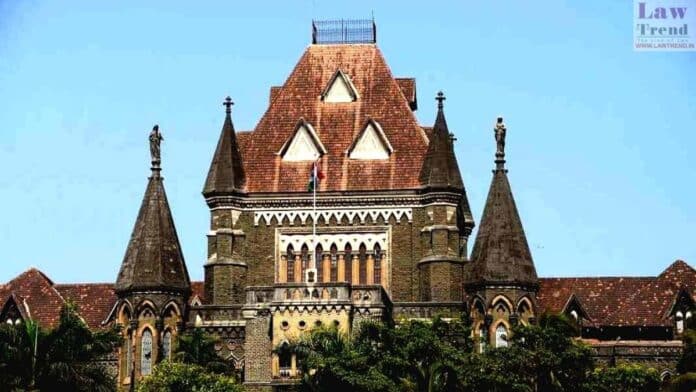The Bombay High Court on Wednesday declared as “illegal” the arrest of Anil Pawar, former chief of the Vasai–Virar Municipal Corporation in Maharashtra’s Palghar district, by the Enforcement Directorate (ED) in a money laundering case, and ordered his immediate release.
A bench of Chief Justice Shree Chandrashekhar and Justice Gautam Ankhad held that the arrest did not meet the legal requirements under the Prevention of Money Laundering Act (PMLA), observing that the agency lacked tangible material at the time of arrest.
“We have formed an opinion that as on August 13, 2025, the arresting officer has no such material as required under Section 19 of the Prevention of Money Laundering Act (reason to believe that person is guilty of offence),” the bench stated.
“We mean that there is no tangible material and the whole case of ED is based on statement of certain architects and developers,” it added.
Pawar was arrested by the ED on August 13, 2025, following allegations that he colluded with builders and developers, leading to the construction of 41 illegal buildings in Vasai and Virar. He challenged the arrest and subsequent remand orders before the High Court.
The bench allowed his petition, setting aside both his arrest and the special court’s remand orders.
“The petition succeeds to the extent that the arrest of petitioner on August 13 is illegal. The orders passed by the special judge remanding him are quashed. The petitioner shall be released,” the court ordered.
After the pronouncement, Additional Solicitor General Anil Singh, appearing for the ED, sought a stay on the order. The court declined the request.
A corruption case had earlier been registered against Pawar and others for allegedly facilitating unauthorised constructions in the region. The ED initiated its money laundering probe based on this predicate offence, eventually arresting Pawar in August.
The High Court’s ruling turns on the interpretation of Section 19 of the PMLA, which requires the arresting officer to possess “reason to believe” that a person is guilty of an offence under the Act, supported by tangible material. The court found that this threshold was not met in Pawar’s case.




